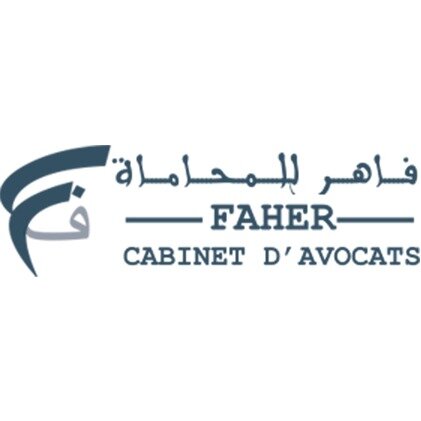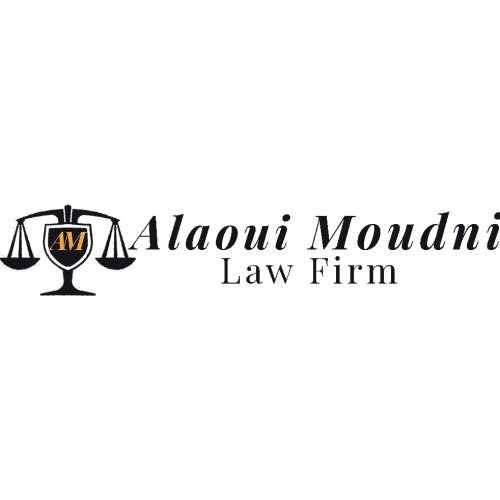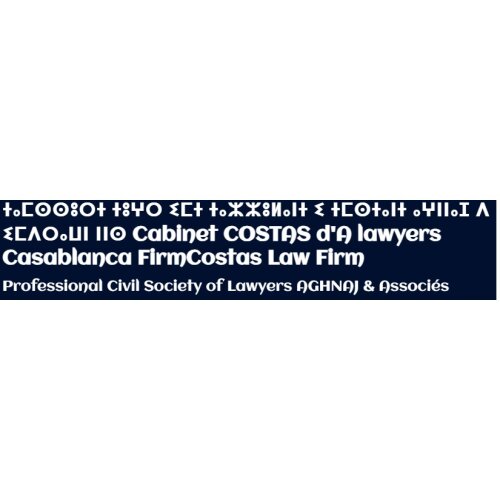Best Native People Lawyers in Casablanca
Share your needs with us, get contacted by law firms.
Free. Takes 2 min.
List of the best lawyers in Casablanca, Morocco
About Native People Law in Casablanca, Morocco
The laws related to Native People, often referred to as the Amazigh or Berber people, in Casablanca, Morocco, are intertwined with general Moroccan law. Morocco recognizes the Amazigh as indigenous people who primarily reside in rural areas. Amazigh rights are constitutionally protected and they enjoy equal rights and freedoms like other Moroccan citizens. However, protection of identity, culture, language, and economic rights is complex and requires deep understanding of the Moroccan legal system. This guide aims to facilitate a better understanding of the applicable laws and rights.
Why You May Need a Lawyer
Various situations can prompt the need for a lawyer versed in Native People law. Issues can arise around land title disputes, cultural and language rights, discrimination, or any civil or criminal matter impacting members of the native communities. A lawyer with experience in this field can also be instrumental in lobbying for Amazigh rights at the national and international level, as well as advocating for the incorporation of the Amazigh language and culture into public life.
Local Laws Overview
Moroccan Constitution of 2011 acknowledges Amazigh culture as a core component of Morocco's identity and heritage, granting it special protection. The constitution equally mandates the teaching of Amazigh language in public schools. However, implementation of these provisions is often uneven. Moreover, Amazigh people in rural areas face challenges with land ownership rights due to various historical laws and reforms. Understanding these complexities of Moroccan laws is critical to utilize and safeguard Amazigh rights effectively.
Frequently Asked Questions
What are the rights of the Amazigh people in Morocco?
Amazigh people have equal rights as Moroccan citizens. Their cultural and linguistic rights are constitutionally protected, and there are initiatives in place to integrate the Amazigh language and culture into mainstream society. However, challenges remain in implementation on the ground.
Can Amazigh language be used in official contexts?
Yes. The 2011 Moroccan constitution recognizes Amazigh alongside Arabic as an official language of Morocco, granting it the right to be used in governmental and administrative domains.
What is the legal status of Amazigh land ownership?
Amazigh people have legal rights to land ownership like any other Moroccan citizens. However, due to historical factors and a variety of land reforms, disputes can arise. Navigating these disputes requires legal expertise in the area.
Are there specific laws protecting the Amazigh culture?
The Moroccan constitution grants protection to the Amazigh culture but the specificity of laws varies. Adequate protection of this unique cultural heritage requires continued efforts and legal expertise.
Can an Amazigh person take legal action in case of discrimination?
Yes. If they face discrimination on the basis of their ethnicity or culture, they can seek legal recourse, like any Moroccan citizen, under the Moroccan constitution.
Additional Resources
For further information, you may refer to the Moroccan constitution and legal system. Groups such as the Amazigh Cultural Association in Morocco and the Royal Institute of the Amazigh Culture can provide support and guidance. Also, the United Nations’ resources on the rights of indigenous people can be of help.
Next Steps
If you believe your rights, or those of another person of Amazigh descent, are being infringed upon, it is advised to seek legal counsel. Begin by gathering all relevant information and documentation. Then contact a lawyer specializing in Native People's rights to discuss your concerns and potential courses of action.
Lawzana helps you find the best lawyers and law firms in Casablanca through a curated and pre-screened list of qualified legal professionals. Our platform offers rankings and detailed profiles of attorneys and law firms, allowing you to compare based on practice areas, including Native People, experience, and client feedback.
Each profile includes a description of the firm's areas of practice, client reviews, team members and partners, year of establishment, spoken languages, office locations, contact information, social media presence, and any published articles or resources. Most firms on our platform speak English and are experienced in both local and international legal matters.
Get a quote from top-rated law firms in Casablanca, Morocco — quickly, securely, and without unnecessary hassle.
Disclaimer:
The information provided on this page is for general informational purposes only and does not constitute legal advice. While we strive to ensure the accuracy and relevance of the content, legal information may change over time, and interpretations of the law can vary. You should always consult with a qualified legal professional for advice specific to your situation.
We disclaim all liability for actions taken or not taken based on the content of this page. If you believe any information is incorrect or outdated, please contact us, and we will review and update it where appropriate.










